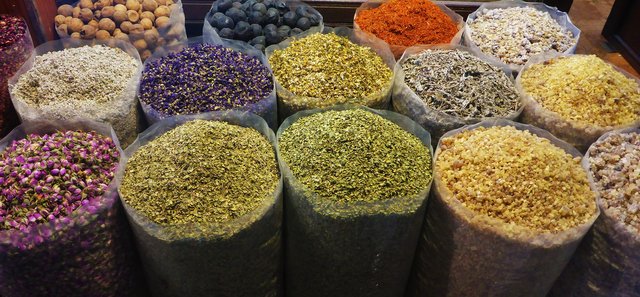Merchants of the Mediterranean.

Sturdy cargo boats docked in their North African home port of Carthage and war galleys lay in wait for any rivals caught in Phoenician waters. A captain would bargain over the price of a bale of pink cloth for the next voyage as his crew unloaded grain from Sardinia and cedar logs from North Africa. On the deck were clay jars of olive oil and wine. Below, silver tin, gold and ivory were stored.
Departing vessels loaded Terra cotta figurines, decorated ostrich eggshells, metal utensils and perfume vials. From their cities along the coast of the Eastern Mediterranean Sea, Phoenicians launched a trading empire. They soon became middlemen for their neighbors in Mesopotania, Arabia and Egypt. By 800 B.C. Phoenician trade had spread into the western Mediterranean. From Carthage and other Mediterranean cities, the Phoenicians manned supply depots, guarded sea lanes and an expanded trading empire.

In contrast to the Aramaeans, who travelled overland to reach their markets, the Phoenicians sailed the seas. On a narrow strip of land between the mountains of western Syria and the Mediterranean sea they found arable land for farming. They harvested timber from the cedar forests.
By 1200 BC, ports grew to become cities. The largest, Tyre, Byblos, Sidon and Beirut. The Phoenicians from their coastal states throughout the Mediterranean. Expert navigators, astute traders and business oriented, the Phoenicians were soon in charge of shipping and trade. Another advantage that these merchants had over competitors, was keeping track of complex business deals, using an improved alphabet, a series of written symbols that represented sounds. The Phoenicians system later became the foundation of several alphabets, including Greek, which in turn became the basis of all western alphabets.

These ancestors of ours probably didn't even realize the magnitude of their work and how it would affect all eras that lay ahead. Modern life too.
"Who was like Tyre...in the midst of the sea? When your wares were unloaded from the seas, You satisfied many peoples ; With great wealth and merchandise You enriched the kings of the earth." Ezekiel 27; 32, 33

Sources : World History ( McGraw Hill) Wikipedia, Websters encyclopedia, Pixabay.
